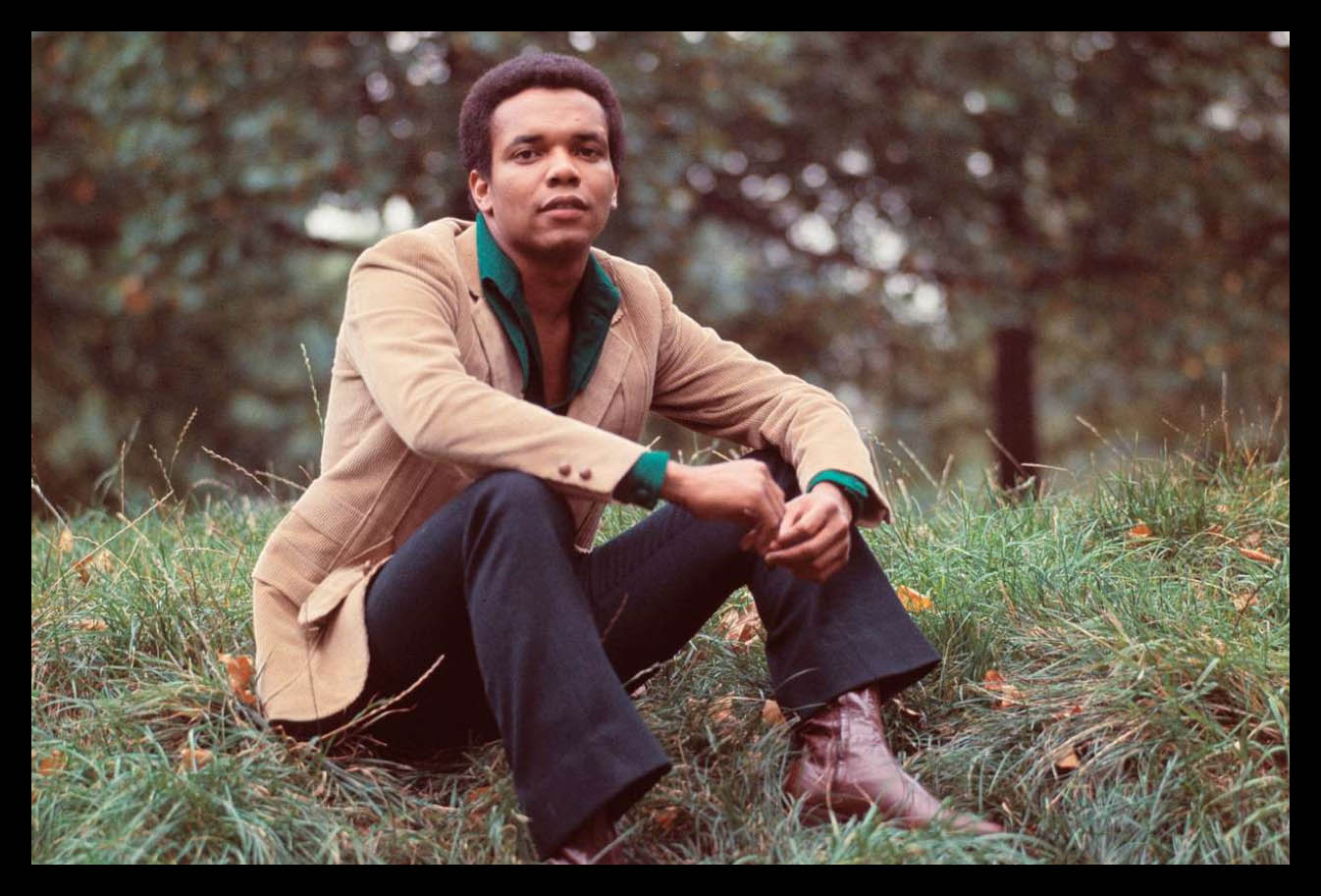
New eyes on the news—seeking realizations that nurture our shared future. #HumanRenaissanceMovement
Rodney Taylor is a Georgia barber, a father, a fiancée, a community volunteer—and a double amputee. He’s also currently imprisoned by U.S. Immigration and Customs Enforcement (ICE), facing deportation to a country he hasn’t seen since he was a toddler. His “crime”? A burglary conviction at age 19—for which he was pardoned in 2010.
He is not alone.
In Trump’s second term, the immigration enforcement machine has accelerated, casting a wide net that now includes green card holders, lifelong residents, and individuals like Taylor who are legally pursuing permanent residency. Fueled by databases flagging old convictions—some decades old—ICE is detaining people who have lived as contributing members of American society for most of their lives.
Their stories raise a difficult but urgent question:
Is this the America we are proud of?
A Nation Built on Second Chances?
“I try to do good. I try to do stuff for my community. Help people out. And it seems like all that doesn’t matter,” he said from Stewart Detention Center.
A country that forgives—or claims to—is punishing him again.
And the punishment isn’t just legal—it’s physical. As a double amputee who relies on prosthetics and regular medical care, Rodney’s condition is deteriorating in custody. The facility is not equipped to meet his basic needs.
A Father Separated, a Family Broken
His crime? A misdemeanor from 2017 involving less than $200—enough, under current policy, to trigger deportation proceedings.
Orellana’s wife, now six months pregnant, is struggling to hold their life together alone. The family who depends on him—not least his autistic client—has been left in anguish.
Fifty Years in America—and Still Not Safe
Now 64, she is being held in an ICE facility in Washington State. Her crime? Forgetting a ham sandwich in her luggage last year, which triggered extra scrutiny and ultimately exposed her to the ICE dragnet.
She is now helping other detainees with legal paperwork, continuing to serve others even while behind bars.
Is Due Process Disappearing?
A federal judge has temporarily blocked her deportation. Civil rights organizations, including the ACLU, have stepped in, citing violations of free speech and due process.
What Kind of Nation Do We Choose to Be?
Are we truly safer by deporting Rodney Taylor, who has given haircuts to cancer patients and organized health fairs?
Are we proud to detain Alfredo Orellana, separating him from his pregnant wife and the special needs family he’s served?
Are we upholding our values by imprisoning a 64-year-old woman who has lived here since childhood because of a two-decade-old conviction?
Are we defending democracy when we silence student dissent with threats of deportation?
A Call to Conscience
The greatness of America has always been in its promise—not perfection, but possibility. A second chance. A belief in redemption. A place where your future matters more than your past.
So we ask again:
Is this the America you are proud of?
Because if not, we must stand up. We must speak out. And we must act now to ensure that our nation lives up to its highest ideals—not just for citizens, but for all who call this land home.








